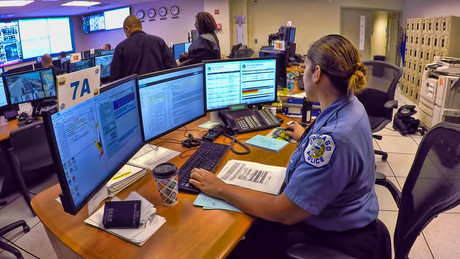App developers urge FirstNet opt-in

App developers are urging US states to opt in to FirstNet’s radio access network (RAN) plan, to be implemented by AT&T, which has been given a 25-year contract to build the broadband infrastructure for the project.
In a blog post, Brian Scarpelli of ACT | The App Association said that if states begin to opt out of the national system, the vision of a national interoperable network will “remain a dream”.
“The underlying promise of FirstNet is a unified platform, providing certainty that the products our innovative app developers make will work across state lines and between all first responders’ systems, also enabling small businesses to scale up quickly,” said Scarpelli.
“Without strong bandwidth, network coverage and platform interoperability, our members cannot adequately serve America’s first responders, and all efforts for this national network would be in vain.”
Scarpelli said that interoperability requirements alone do not guarantee the free flow of data between systems.
“For example, many of our members continue to face impediments to data interoperability in the healthcare industry, despite the best intentions of the 2009 HITECH Act that created America’s electronic health records incentive program,” he said.
“Differences in hospital record systems lead to lack of choice, higher prices, disingenuous tolling of data flows and — ultimately — an extremely unhappy user base.
“It is imperative that we learn from our mistakes and avoid these negative outcomes and setbacks for our first responders.
Scarpelli said the App Association “strongly supports states opting in to the federal public safety broadband network to best enable their first responders to protect public health and safety”.
“We take issue with the positions of organisations like the Competitive Carriers Association that frame state opt-outs as an enhancement of the network, which is a serious misinterpretation of the clear path Congress has laid for first responder communications and would undermine the nationwide public safety network’s success,” he said.
“It is a national priority to ensure our country’s first responders can do their job as best they can, especially during our times of need. We will continue to advocate for a unified and interoperable nationwide platform to save lives and protect our country.”
5G drones deliver live images from emergencies
Timely images allow emergency responders to gain an early impression of the situation and provide...
NZ emergency services approach cyclone season with better comms
Emergency services will face this cyclone season with improved cellular communications...
Triple Zero Custodian Bill passes, as Senate inquiry looms
With an open inquiry into Optus and the Triple Zero ecosystem just days away, new legislation has...




